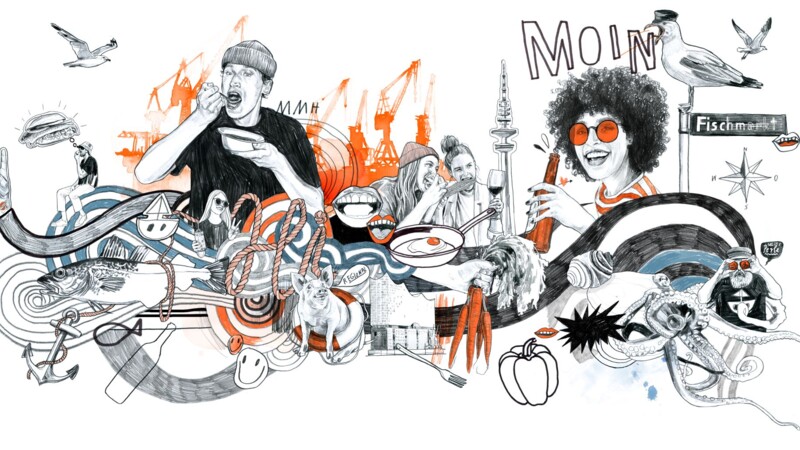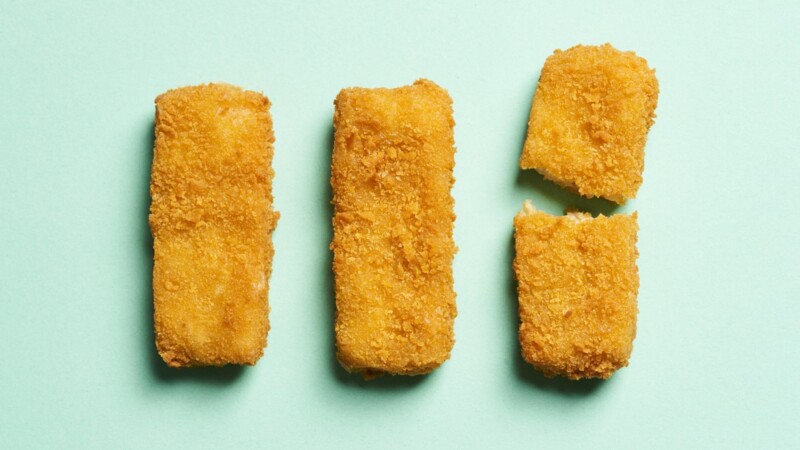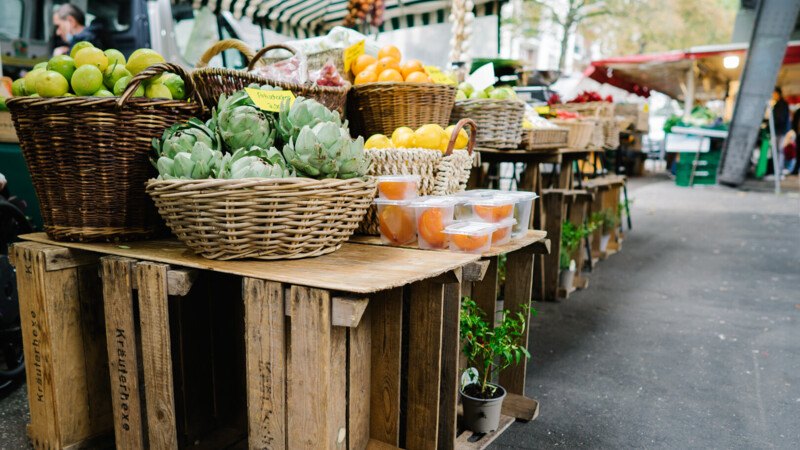"The cluster will allow us to make even better use of the opportunities that lie in the transformation of the food industry," said Dr Melanie Leonhard, Senator for Economics and Innovation. The focus is on affordable and enjoyable food for all. Circular economy, sustainable packaging, nutrition and an understanding of a healthy lifestyle are also on the agenda. Innovative production methods and sourcing sustainable raw materials should make food production climate-neutral. The food industry is broadly positioned in Hamburg and ranges from industrial production and handicraft to trade, logistics and gastronomy. The stakeholders include large global food companies, SMEs, as well as start-ups in supply and food innovations. Around 4,500 companies in the industry employs 123,000 people and is important for the Hamburg Metropolitan Region, a study presented by the Ministry for Economics showed in May 2022.
The senate approved Tuesday (October 10, 2023) a new food cluster to help the local food industry position itself as a leading, competitive and innovative European region. Innovation output is to be increased, business start-ups facilitated and knowledge transfer stimulated. This comes amid structural change in retail and along the entire value chain coupled with growing awareness of nutrition.
Food industry important for Hamburg Metropolitan Region
Hamburg to become European anchor of food industry
The new cluster should turn Hamburg "into a European anchor of the food industry", said Leonhard. The merger will be managed by the newly-founded Food Cluster Hamburg GmbH in which the city has a 51 per cent share. Around 5 per cent of the shares are held by Süderelbe AG, 44 per cent by foodactive e.V., which acts as the supporting association. Companies in the industry are being urged to join the cluster to help shape its work.
mm/pb
Sources and further information
More
Similar articles

New "Open Mouth" food festival coming to Hamburg

Bluu Seafood secures EUR 16 million for fish cultivation

Future Food Campus in Hamburg offers glimpse of future
